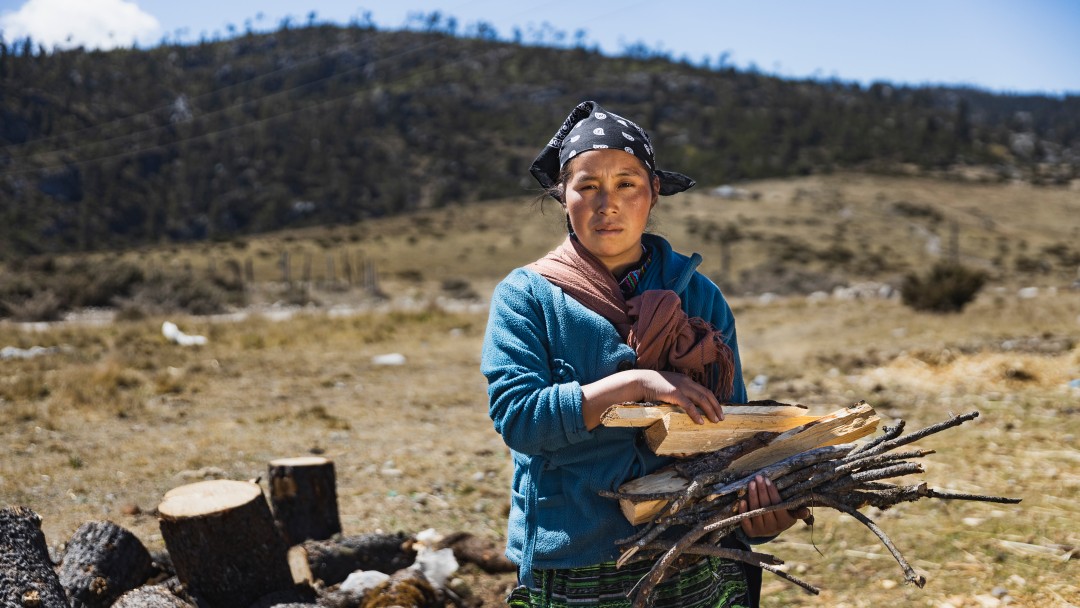News from 2022-03-07 / KfW Development Bank
Inequality still high
Gender equality is still a long way off.

Inequalities between women and men are still high – almost everywhere in the world – despite unmistakable progress. The Corona pandemic has done the rest, pushing women back into their traditional roles in many parts of the world. On the occasion of International Women's Day on 8 March, KfW is shining a spotlight on the discussion about this and on women's fates from developing countries.
Whether land, credits or jobs – worldwide, women have less access to these resources than men. This is not without consequences. Globally, more than 70% of women than men are threatened by poverty, according to UN Women. Women are also still disadvantaged in education, in the provision of health services and in the labour market. There are many reasons for this, an important one being patriarchal structures and decision-making patterns that still prevail worldwide.
The Corona pandemic with its lockdowns has reinforced this trend. Workers in the informal sector lost their jobs, especially women who had previously worked in households, selling fruit and vegetables on the street or in mobile cookshops. Such income opportunities were usually the first to be lost due to the pandemic. Informally employed people, however, usually do not have social insurances that could compensate or bridge such losses. Moreover, social security systems are rarely in place, especially in developing countries. Therefore, the pandemic has quickly become an existential risk for many women. However, this is not only true in Corona times. In general, women are usually the first to be dismissed and the last to be rehired when companies make cutbacks.
Because their opportunities to earn their own living are usually less than those of boys and men, they remain dependent on the family or are exploited, often have to marry early and become pregnant. They lack the time for education, which reinforces their disadvantage. Breaking this cycle is an important concern for KfW in its work around the world.
After all, equality between women and men is one of the human rights. It is a prerequisite for sustainable development and contributes to a comprehensive improvement in the quality of life of all people. Moreover, it is clear that the SDGs cannot be achieved without the adequate participation of women.
Read about KfW's position on gender equality and what it is doing in its work to promote it in the interview with Christiane Laibach, Member of the Executive Board of KfW.
Find out more about KfW's commitment to achieving SDG 5 here.

Share page
To share the content of this page with your network, click on one of the icons below.
Note on data protection: When you share content, your personal data is transferred to the selected network.
Data protection
Alternatively, you can also copy the short link: https://www.kfw-entwicklungsbank.de/s/enzBWrMC.CqQA
Copy link Link copied